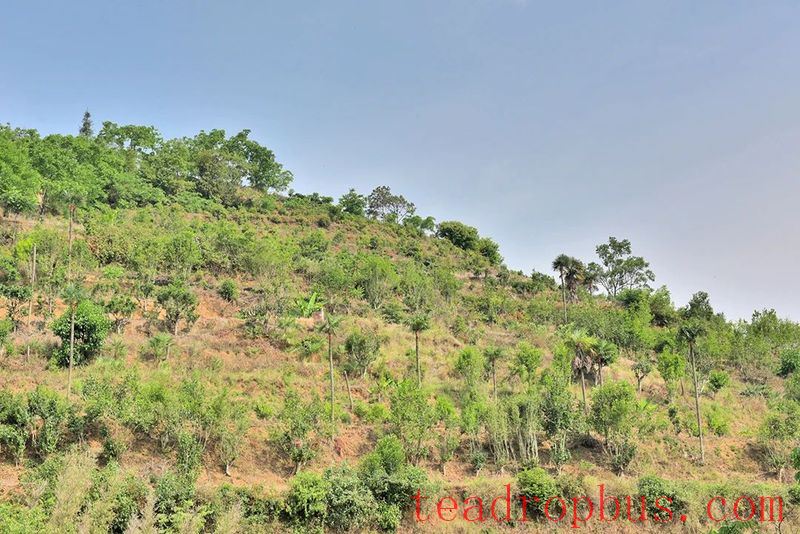As many Tea gardens are being cleared after the Spring Tea harvest, rows of terrace teas in the Dahongmutree Villager Group of Lutang Village, Wenquan Town, remain vibrant and thriving. Xu Zihao, Party Secretary of the Lutang Village Party Branch, said, “These are old tea trees, about a hundred years old. Last year, we cleared the walnut trees around them. This year, we're picking some leaves while preserving the rest to create a demonstration model for managing old tea trees.”
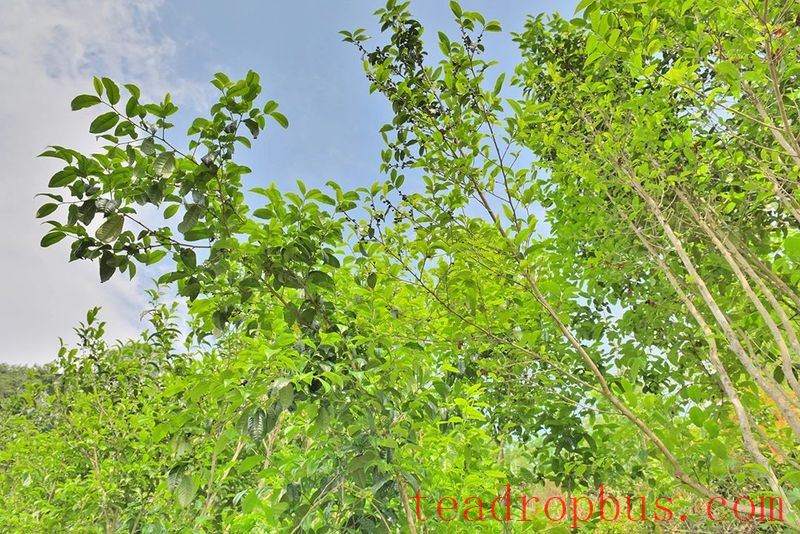
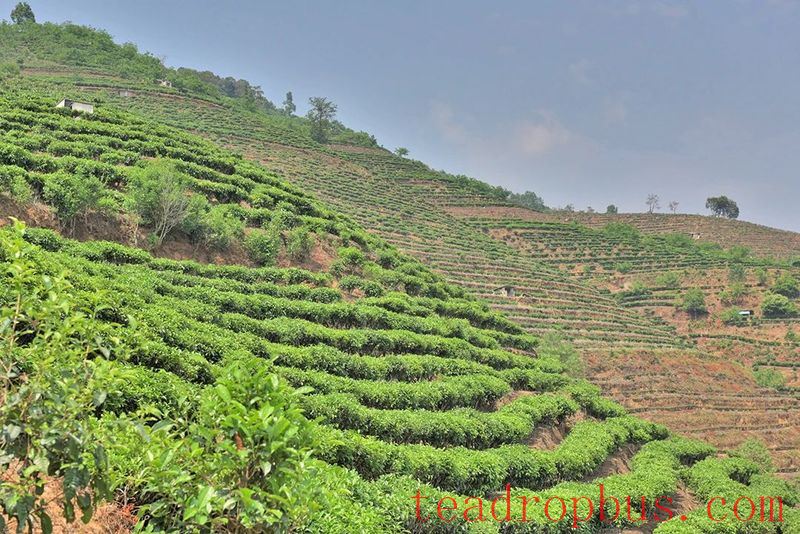
“Although our village's tea isn't well-known in Wenquan, we have a lot of tea, mainly the old varieties. We aim to turn this weakness into a strength and chart a unique path for tea development that suits Lutang.” Xu Zihao explained that Lutang Village has favorable conditions for tea cultivation and a solid foundation for tea development. The village has 8,186 mu (approximately 545 hectares) of tea land, with over 90% planted with old variety teas, including more than 6,800 ancient tea trees.
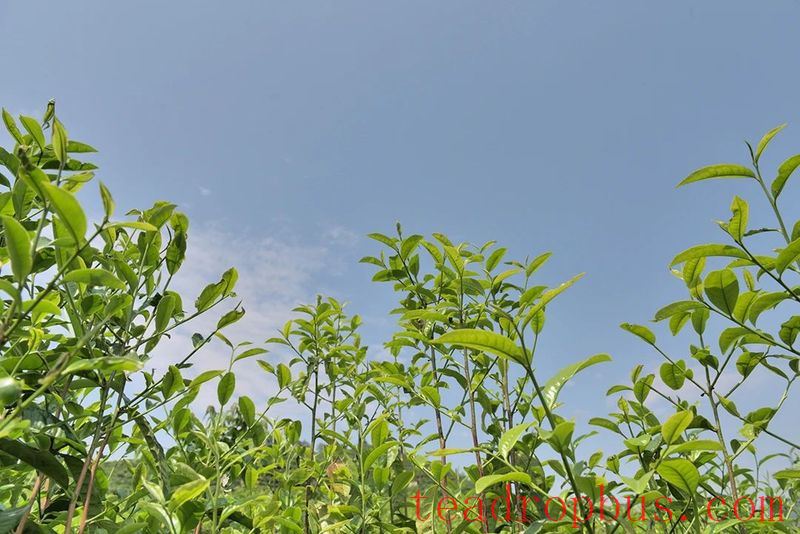
“In recent years, neighboring villages have embraced grafting of new varieties onto old tea trees, but we believe this approach isn't suitable for all tea regions. Old variety teas have primary roots and more developed root systems, which result in better tea quality. Proper protection and management can achieve true organic status. In contrast, new varieties, especially those without sexual reproduction, lack primary roots. Without fertilization and pesticides, they often die off after a few years,” Xu Zihao explained. After discussion by the village's leadership, Lutang Village decided to focus on organic old variety teas as its “One Village, One Product” initiative, aiming to strengthen and improve these old varieties.
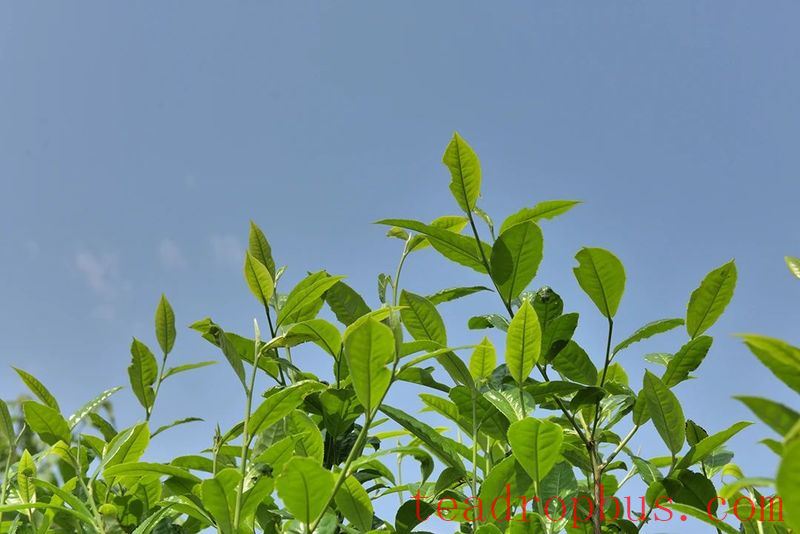
The Dasonshan tea garden, covering 2,160 mu (approximately 144 hectares), was planted in the 1960s and is a legacy of Lutang's collective tea garden construction efforts during that era. The terraced tea fields stretch up the mountainside, creating a unique landscape. Xu Zihao said, “The Dasonshan tea garden was a notable achievement from that time and was quite famous throughout Wenquan. Although it's now contracted to individual households, the traditional management style remains intact, providing a good foundation for organic tea garden development. We're piloting the project here and are currently pushing forward with related work.”
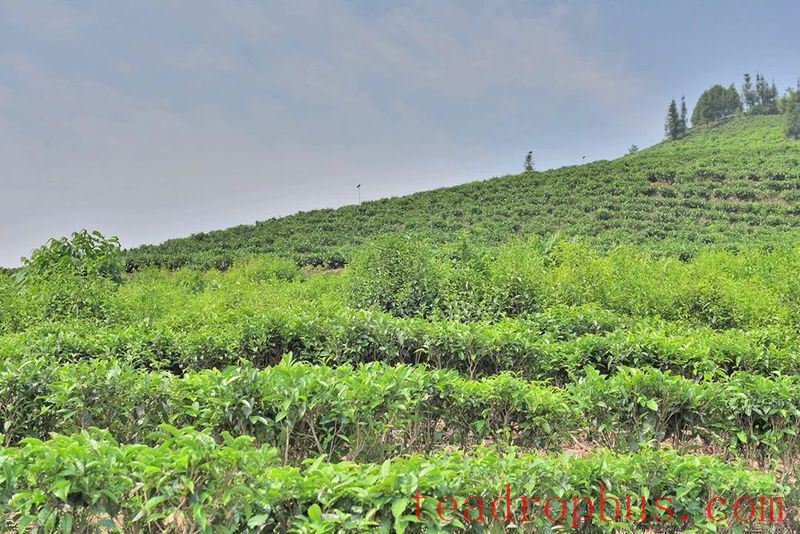
“At first, people didn't understand. However, the tangible benefits from introducing and cultivating tea companies, reflected in higher purchase prices, have given everyone confidence and hope, gradually aligning their thoughts,” Xu Zihao said.
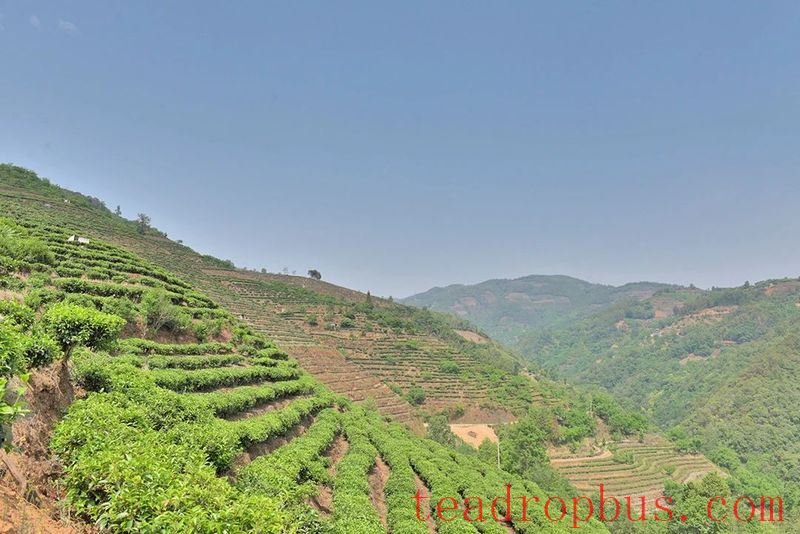
Xu Zihao explained that to achieve the goal of “One Village, One Product” with a focus on old variety ecological teas, the Party branch took the lead, with party members and cadres setting an example. They held meetings with household heads and used WeChat groups to promote the message, encouraging villagers not to graft or replace old variety teas. They explained the advantages of these old varieties, such as having primary roots, more developed root systems, and higher-quality tea leaves that can be truly organic through proper protection and management. To address the issue of walnut trees and other plants affecting tea quality and taste, they cleared these plants from the tea gardens. They also invited tea experts to provide specialized training to overcome technical shortcomings. They emphasized the prohibition of pesticides and chemical fertilizers with agricultural residues to protect the soil and surrounding environment, safeguarding biodiversity.
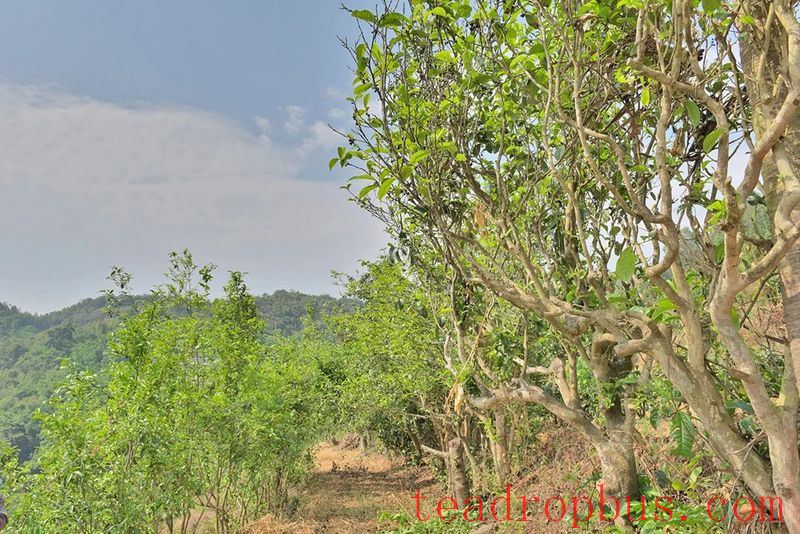
“Now, the tea farmers have a unified understanding of the development goals. Our advantages in old variety teas and ecological tea are gradually becoming known. We're actively attracting companies and advanced organic soil improvement technologies. It won't be long before our organic old variety teas gain recognition,” Xu Zihao said confidently.
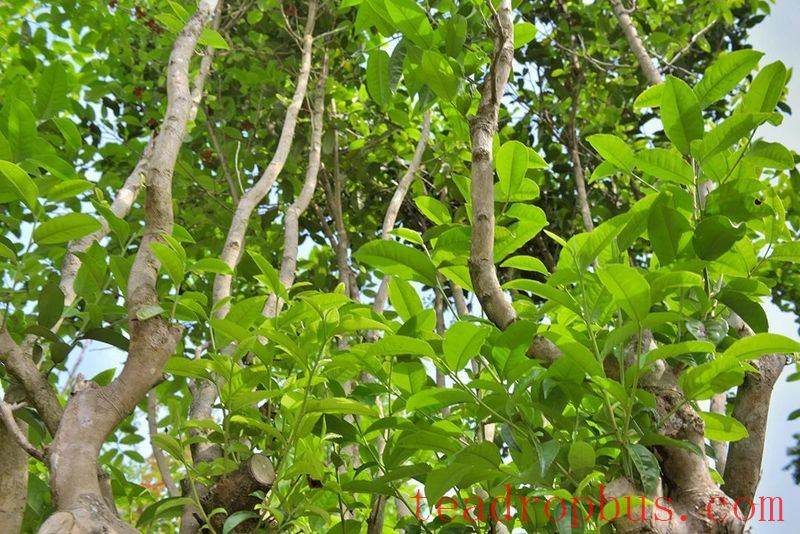
“We not only want to preserve our old variety tea resources but also continue the traditional processing techniques for sun-dried Green Tea and Black Tea, promoting our unique ‘old variety' brand,” Xu Zihao explained. In the future, they will continue to increase training, explore management models for organic old variety teas, and pass down traditional processing methods, striving to carve out a distinctive path for the development of old variety teas in Lutang.
